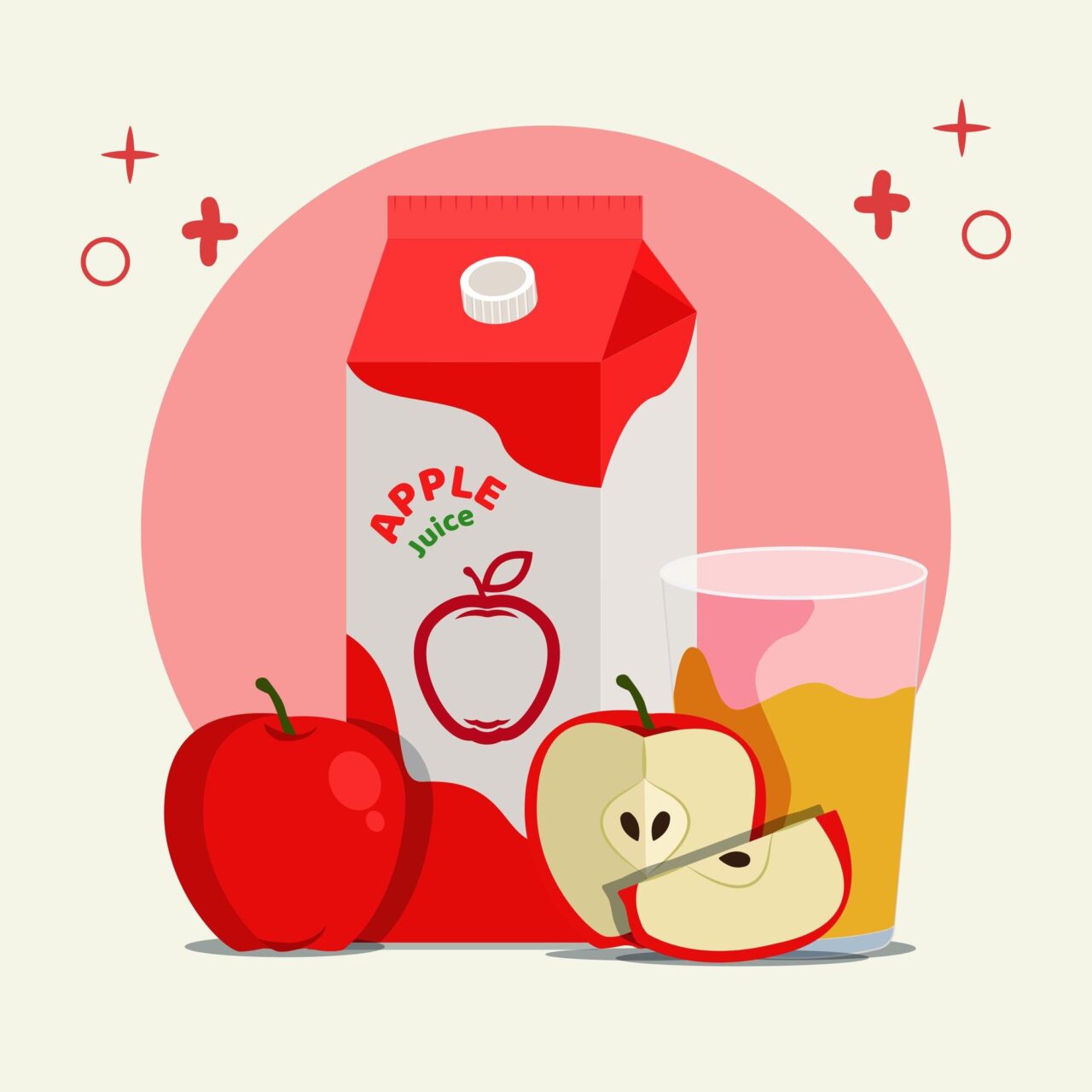
The packaging industry has long been 'recycling' - so to speak - to become more environmentally conscious. Under the impetus of new regulations requiring increased sustainability, the entire sector is looking for solutions that, while leaving the characteristics of packaging unchanged or even improving them, make them as sustainable as possible throughout their entire life cycle.
In one study just published in ACS Omega, a publication of the American Chemical Society, the research group MUSAM of the IMT School presents the results on a paper and aluminium-based packaging, comparable in characteristics to its traditional analogue, but without plastic. The type of packaging in question is the so-called laminate, used mainly by the food industry, for example for ice cream cones, milk or juice containers, and by the pharmaceutical industry. In this type of product, materials are combined, or rather laminated, with special techniques and adhesive substances of various kinds, deposited on the individual materials, which are chosen according to the desired packaging characteristics. The use of plastic laminated with aluminium - the technical term is aluminium-polyethylene laminate - in this type of packaging is made necessary by the need to guarantee the barrier effect (impermeability to gases and liquids) and flexibility, as well as resistance, to the products for which it is used.
The research group of the IMT School, thanks also to funding from the Region of Tuscany and collaboration with the Lucense Paper Quality Centrefocused on the attempt to obtain a laminate with the same characteristics as the conventional one, but with paper as a substitute for plastic. The attempt was approached using the study methods for which the laboratory is characterised, namely the ability to simulate and analyse the behaviour of materials down to the microscopic level. "We first did tests on samples formed from a laminate of paper and aluminium to check tensile strength and damage resistance," explains Hamed Zarei, researcher at the IMT School and first author of the research. "In general, the problem with paper, compared to plastic, is that it has an anisotropic behaviour, i.e. the tensile strength depends on the direction in which the material is stressed." However, the researchers were able to identify a particular type of paper that can resist tensile strength comparably in all directions. Subjected to various strength tests, the samples passed the test. Digital twins, as they are called in the jargon, of both the conventional plastic-aluminium laminate and the paper-aluminium laminate were then created to perform virtual tests. "The simulations tell us that this material is a candidate as an excellent substitute for plastic-based laminate, with important advantages in terms of recyclability and sustainability", Zarei concludes.
"These results are also particularly important in terms of knowledge and technology transfer," adds Marco Paggi, professor of construction science and coordinator of the MUSAM research unit. "Moreover, they are of interest both to the paper industry, which thanks to the research carried out in Lucca can boast innovative solutions in a highly competitive international context, and to society, since the reduction of plastic materials in packaging is a primary objective in order to increase its recyclability."
Chiara Palmerini